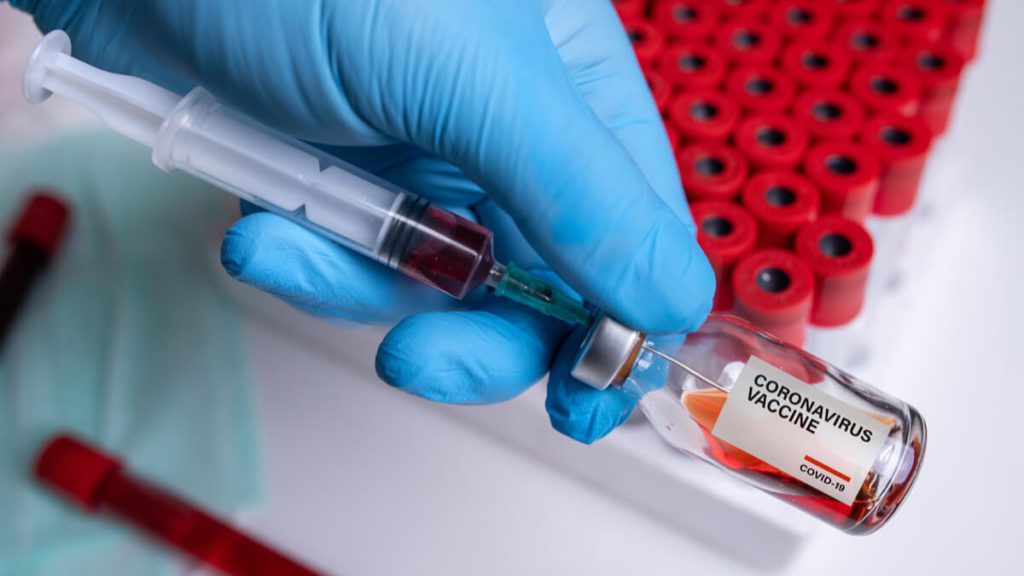
Oxford University COVID-19 vaccine has been deemed ‘safe’ in provoking an immune response against the virus after the first and second stages of clinical trials with optimistic results.
Conclusions drawn from a recent publication by The Lancet medical journal and stated in a video on the University’s official YouTube channel:
“We have 2 different types of immunity. One is well known, that’s making antibodies which bind to the virus and try to clear it” Explains Professor Adrian Hill, director of the Jenner institute for Vaccine Research “the other is the cellular [immunity] where some white blood cells, called T-cells, can recognize a virus-infected cell and kill that cell and the virus with it”.
The current trials for the COVID-19 vaccine candidate are not enough to start mass production and distribution just yet, but the results have been described as promising. As professor Sarah Gilbert, Project lead at Oxford University explains “We know there’s an immune response to the vaccine, and it’s the kind of immune response we are looking for, [but] we don’t know how big that immune response needs to be”.
In other words, there are some unanswered questions such as how many shots of the vaccine might be needed, what is the required dose and what are the different vaccination strategies needed in people of different ages, particularly older adults.
“We saw the strongest immune response in the 10 participants who received two doses of the vaccine,” Says Professor Andrew Pollard, Chief Investigator of the COVID-19 vaccine study “indicating that this might be a good strategy for vaccination”
Nevertheless, the results of the study, which included over 1000 participants, are quite uplifting, as it is a major step in the right direction. The participants developed detectable neutralizing antibodies which are essential for immunization.
The potential vaccine does come with side effects in about 60% of participants. Namely fever, muscle aches, headaches, and injection site reaction. However, all the effects are considered mild and would all fade over time. These are expected “reactogenicity” responses, or bodily reactions and side effects, and symptoms were alleviated for the most part with paracetamol.
If this does prove to be successful, Oxford University in partnership with the pharmaceutical company AstraZeneca will produce 100 million doses of the vaccine. However, Mene Pangalos, Executive VP of BioPharmaceuticals Research and Development at AstraZeneca adds that “today’s data increases our confidence that the vaccine will work and allows us to continue our plans to manufacture the vaccine at scale for broad and equitable access around the world”.